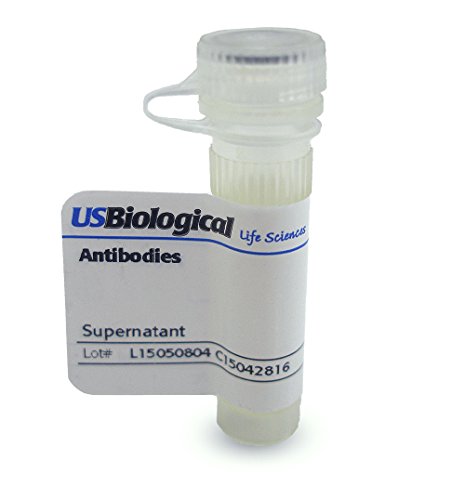Customer Services


Asthma is a chronic lung disease characterized by airway hyper-responsiveness (AHR) to allergens, airway edema, and increased mucus secretion. Increased levels of circulating IgE and IgG1 antibody and a propensity to allergic responses, atopy, are associated with the development of asthma. Dinitrophenol (DNP) has long been employed as a model immunogen as a single antigen to reduce the complexity of modeling AHR.One of the primary aspects of the immune response is the interaction of antigens with lymphocytes to induce the formation of antibodies, that in turn makes the antigen harmless. Much of our current understanding of the antibody response to antigens has been derived by using the antibody-hapten model. Immunization of many mammalian species with DNP-protein conjugates results in production of antibodies specific for DNP and the amino acid side chains to which it is attached.DNP conjugates (DNP-KLH or DNP-BSA) useful for the production of antibodies specific for DNP and hemocyanin or BSA. DNP-immunization produced a significant variation in the amount and antibody class (IgGs, IgA, IgE, IgM) among strains, and under various experimental conditions. DNP preparations (purity and supplier), doses (amount per injection), routes (intramuscular, intravenous, aerosol, liposome entrapped, polymerized etc), frequency of exposure (single injections, multiple etc) may induce a defined class of antibody and its level may vary as well. DNP-induced antibody production has been used to assess the immune status of normal and immune-compromised animals. Applications: Suitable for use in ELISA. Other applications not tested. Recommended Dilutions: Optimal dilutions to be determined by the researcher. Storage and Stability: May be stored at 4°C for short-term only. Aliquot to avoid repeated freezing and thawing. Store at -20°C. Aliquots are stable for 12 months. For maximum recovery of product, centrifuge the original vial after thawing and prior to removing the cap.
Trustpilot
3 weeks ago
1 month ago